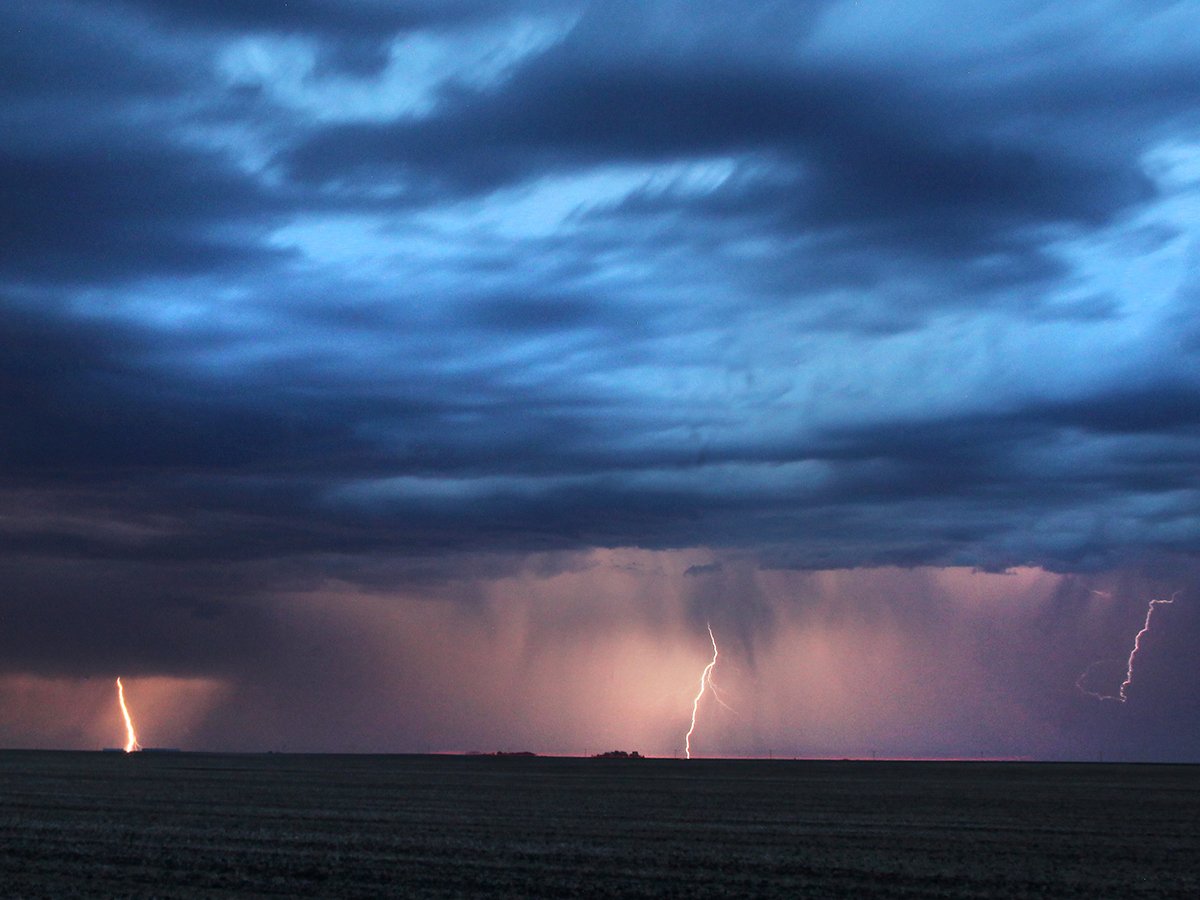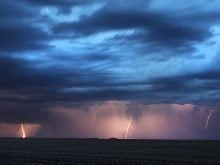When Marlene Epp’s father was asked to make a presentation on the history of Mennonite women in Canada, he was stumped.
Where were the sources he could use?
So he turned to his daughter, a budding historian, and asked her to take on the project.
That initial project from years ago has made her an expert on the subject and she has just produced a book entitled Mennonite Women in Canada: a History.
But she admits that much of the history of Mennonite women is still a mystery.
Read Also

Ask tough questions to determine if business still works
Across the country, a hard conversation is unfolding. Many producers are starting to ask a tougher question: can we keep doing this the way we always have?
“In so much of the written histories and documents about Mennonite communities, women hardly appear, but we know they were there,” said Epp, who launched her book at a recent Mennonite conference in Winnipeg.
Sometimes, when women are referred to in histories and documents, they exist in the shadow of their husbands.
“Even in cookbooks, women are sometimes referred to by their husband’s first name, such as Mrs. (man’s name) Janzen, beside their recipe. Sometimes that’s all we’ve got about them.”
But what Epp found in her years of studies was that Mennonite women played dynamic and essential roles within Mennonite communities, roles that go far beyond the stereotypes, and there is much about Mennonite women in history that is surprising.
Epp researched the women after urging by the Mennonite Historical Society of Canada. She looked at communities across Canada and was helped by the high degree of literacy in both men and women in Mennonite society.
While many of the roles Mennonite women played were similar to those of other farm women, there were differences.
“Mennonite women lived within more closed communities, communities that separated from society more, because Mennonites tended to separate themselves from ‘the world,’ as it was called,” said Epp.
For centuries, Mennonite women lived in a strictly patriarchal society, so there are few prominent Mennonite women in Canadian history.
“Women who wanted to take on public roles, to take on higher education, they usually had to leave the Mennonite church because that kind of a public role wasn’t accepted,” said Epp.
But her history ends when that radically changed in 1979, the year the first woman was ordained a Mennonite pastor.
The book is published by University of Manitoba Press.

















